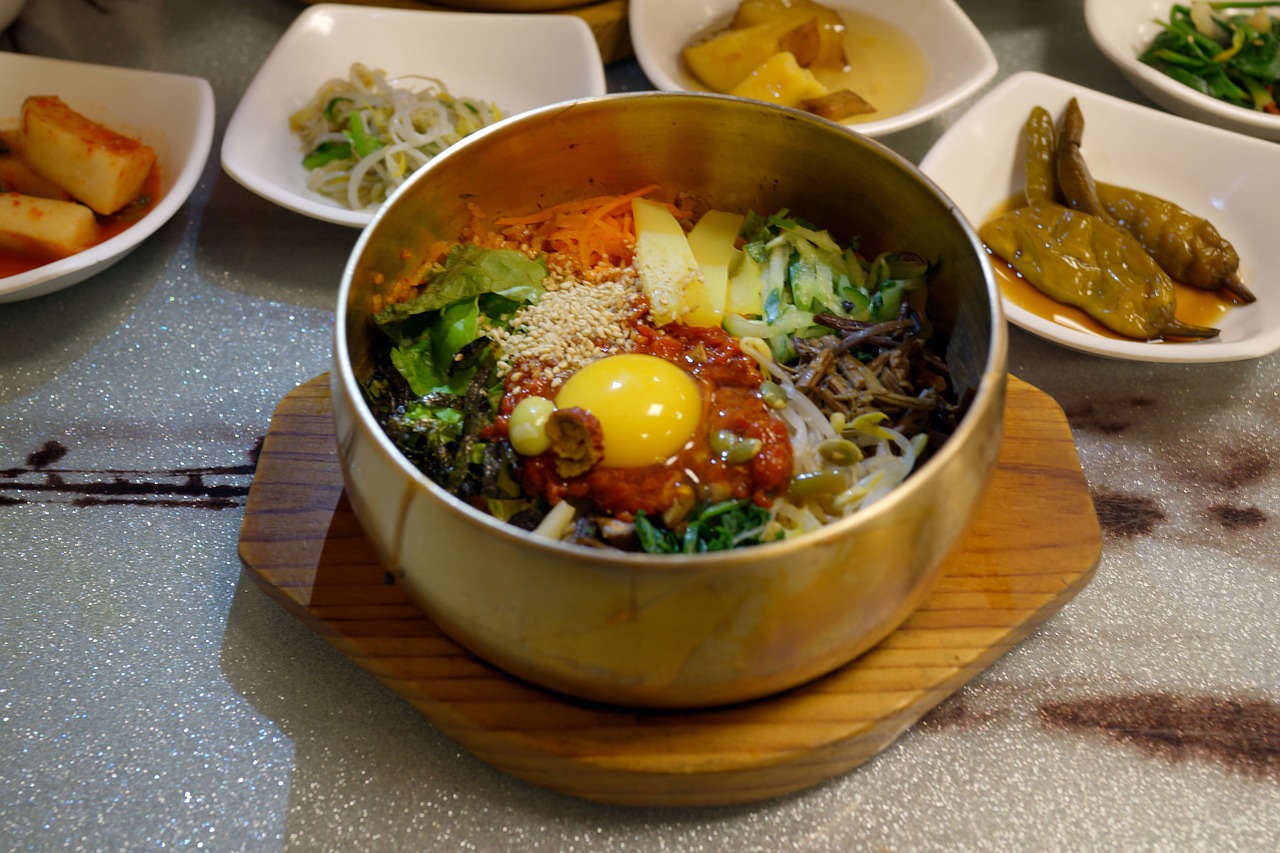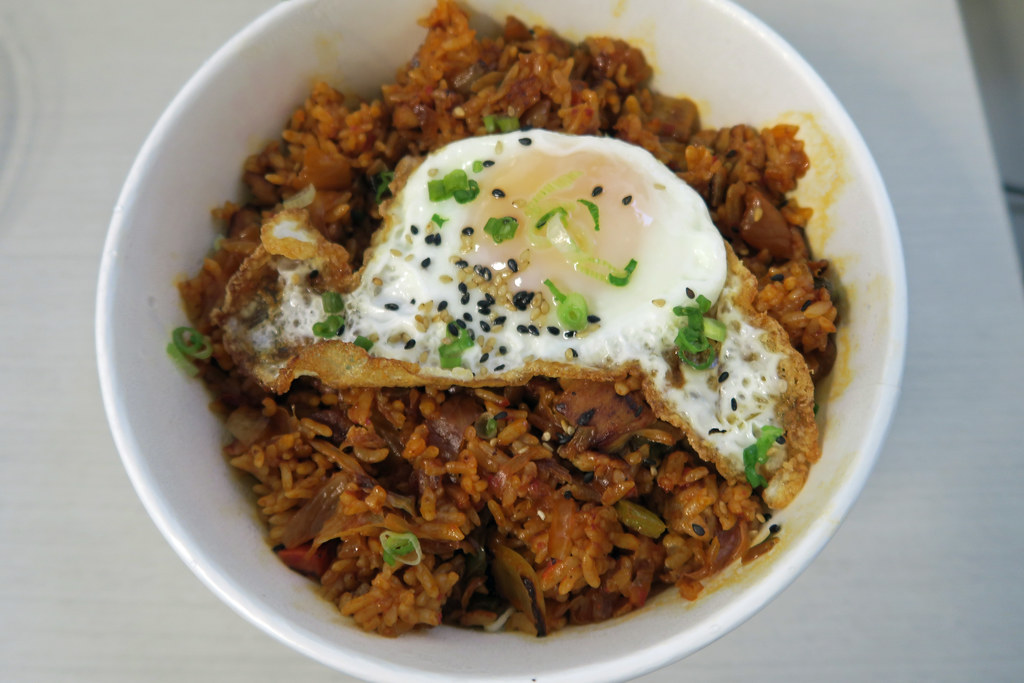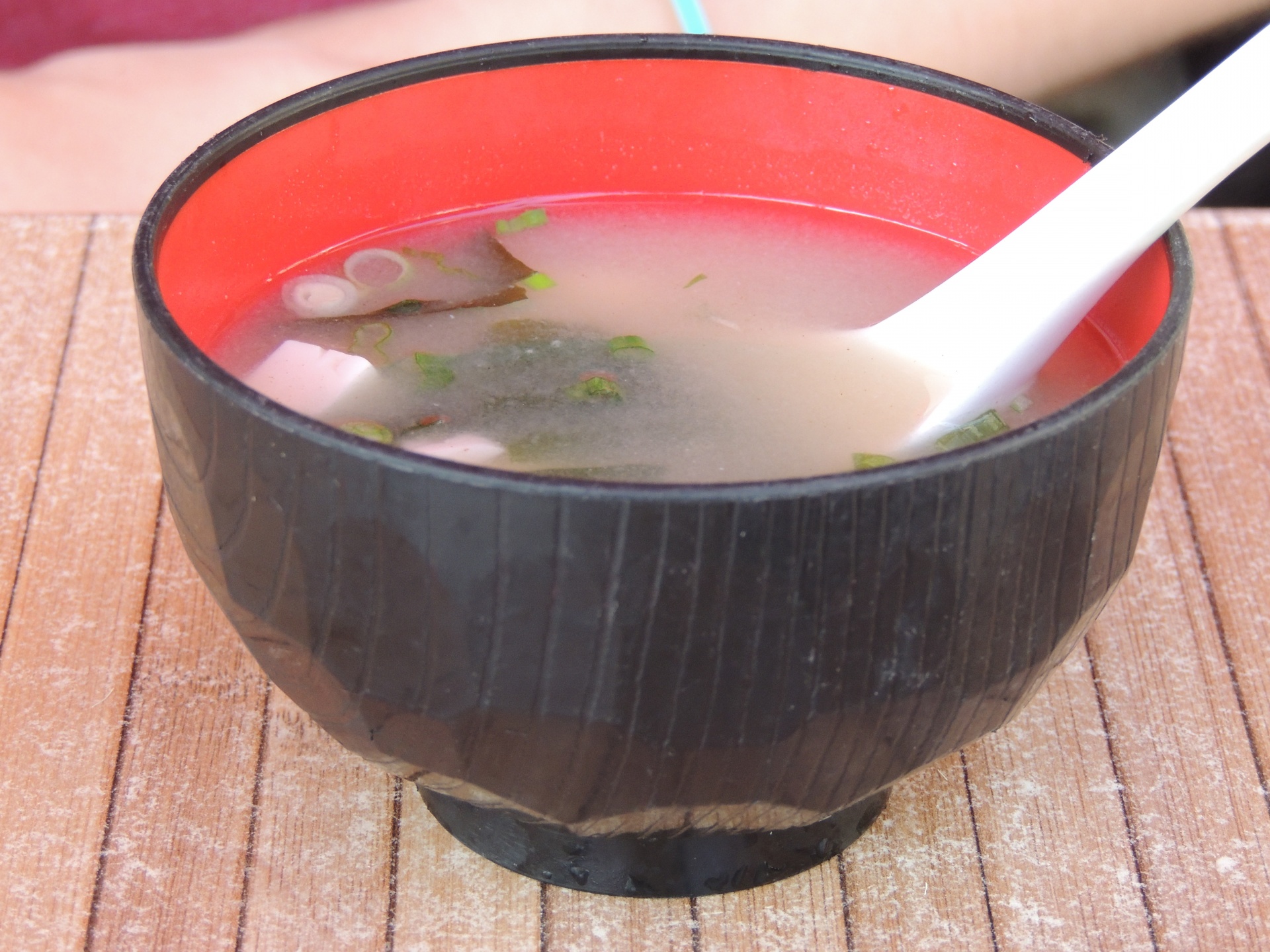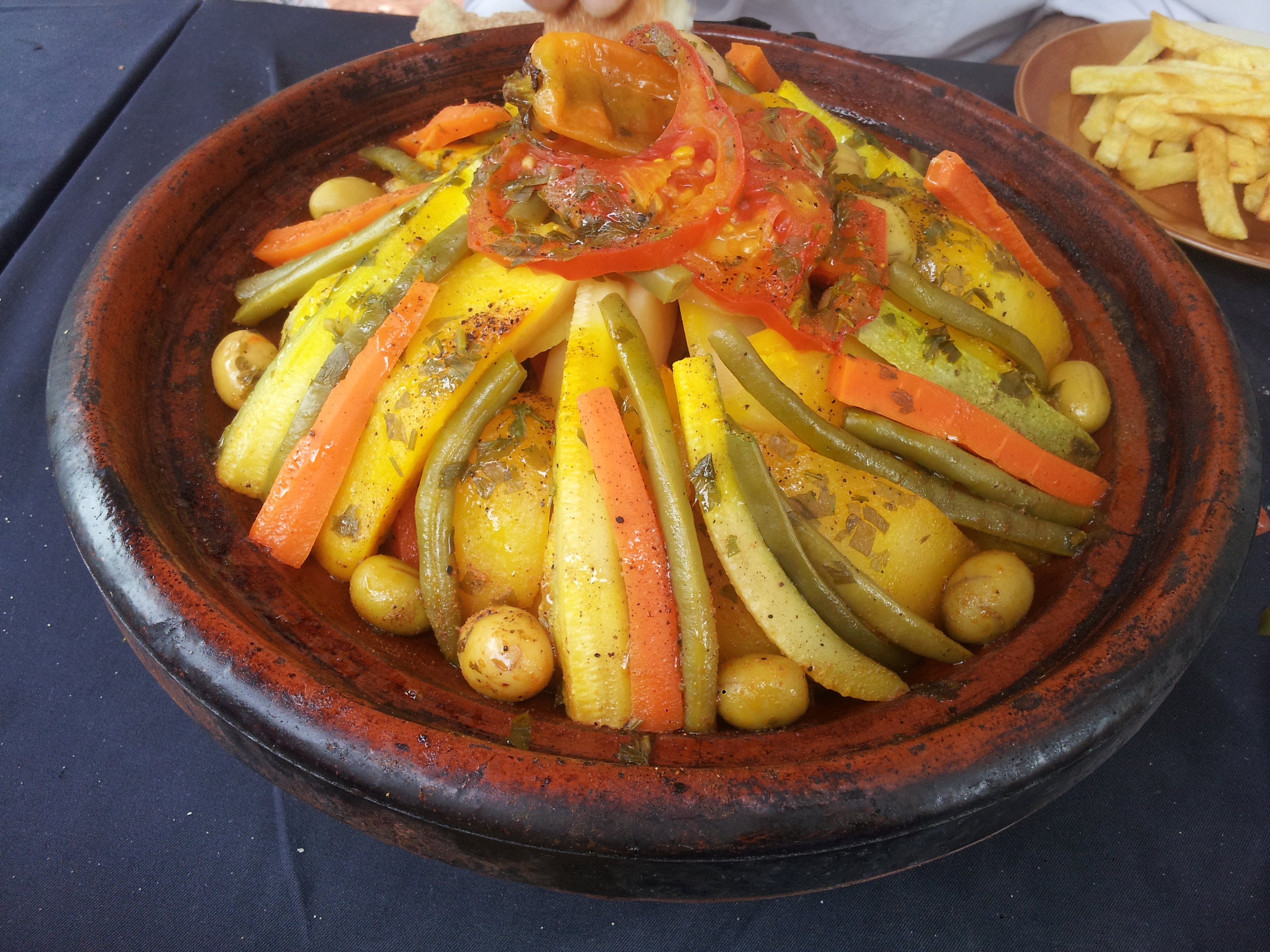
Korean Kimchi Jjigae Recipe: A Spicy and Flavorful Delight
Introduction:
Warm your soul with a bowl of Korean Kimchi Jjigae, a spicy and comforting stew that is sure to please your taste buds. This traditional Korean dish is packed with bold flavors and is perfect for cold winter nights or any time you crave a hearty meal. Let’s dive into the history, ingredients, preparation steps, and more to create this delicious recipe at home.
Personal Touch:
Growing up in a Korean household, Kimchi Jjigae was a comforting dish that my grandmother would make on cold winter days. The aroma of spicy kimchi stewing on the stove always brings back cherished memories of family gatherings and cozy meals.
Origin and History of this Recipe:
Korean Kimchi Jjigae has its roots in Korean cuisine, where kimchi, a fermented vegetable dish, is a staple. This stew is a popular way to enjoy kimchi in a warm, savory broth that is both spicy and tangy. It is often served as a main dish or side dish in Korean households, especially during the winter months when hot meals are favored.
Things to Expect in This Post Article:
In this post, we will explore the origins and history of Korean Kimchi Jjigae, provide a detailed list of ingredients, offer step-by-step preparation instructions, share personal insights, discuss nutritional information, suggest variations and substitutions, and much more. Let’s get cooking!
Ingredients List:
- 1 cup of kimchi (store-bought or homemade)
- 1/2 pound of pork belly or tofu for a vegetarian option
- 1 small onion, sliced
- 2 cloves of garlic, minced
- 1 tablespoon of gochujang (Korean red chili paste)
- 4 cups of water or beef broth
- 1 tablespoon of soy sauce
- 1 teaspoon of sugar
- Salt and black pepper to taste
- Green onions and tofu for garnish
Preparation Steps:
- Heat a pot over medium heat and add the pork belly or tofu. Cook until browned.
- Add the garlic, onion, and kimchi. Stir fry for a few minutes until fragrant.
- Add the gochujang, soy sauce, sugar, water or broth, and bring to a boil.
- Simmer for about 20-30 minutes until the flavors have melded together.
- Season with salt and black pepper to taste.
- Serve hot with garnishes of green onions and tofu.
Cooking Time & Servings:
This Korean Kimchi Jjigae recipe takes about 45 minutes to prepare and serves 4.
Nutritional Information:
Per serving of Kimchi Jjigae:
- Calories: 300
- Protein: 15g
- Fat: 20g
- Carbohydrates: 10g
Health Conditions and People to Avoid This:
Individuals with high blood pressure or sodium sensitivity should avoid consuming Kimchi Jjigae due to its high sodium content. Those with gastrointestinal issues or sensitivity to spicy foods may also want to steer clear of this dish.
Nutrition and Benefits to the Body:
Kimchi is rich in probiotics, which promote gut health and digestion. It is also a good source of vitamins A, B, and C, as well as fiber. The spicy flavors in Kimchi Jjigae can boost metabolism and aid in digestion.
Disadvantages:
Excessive consumption of Kimchi Jjigae can lead to high sodium intake, which may increase the risk of hypertension and heart disease. Eating moderately is perfectly fine, but acquiring excess sodium can be harmful.
Tips and Tricks:
- For a vegetarian version, swap pork belly with tofu and use vegetable broth.
- Add extra vegetables like mushrooms, zucchini, or potatoes for a heartier stew.
- Adjust the spiciness by adding more or less gochujang to suit your preference.
Equipment Needed:
- Pot
- Knife and cutting board
- Wooden spoon
- Bowls for serving
Variations or Substitutions:
- Use chicken, beef, or seafood instead of pork belly.
- Substitute gochujang with Korean chili flakes for a milder spice level.
- Add ramen noodles for a twist on traditional Kimchi Jjigae.
Serving Suggestions:
Enjoy Kimchi Jjigae with a bowl of steamed rice, a side of kimchi pancakes, or Korean pickled vegetables for a complete meal. Serve with a variety of banchan (side dishes) for a traditional Korean dining experience.
Storage and Reheating Instructions:
Store leftover Kimchi Jjigae in an airtight container in the refrigerator for up to 3 days. Reheat on the stove or microwave until heated through.
Conclusion:
Explore the flavors of Korean cuisine with this delicious and comforting Kimchi Jjigae recipe. Whether you’re a fan of spicy food or looking to try something new, this stew is sure to satisfy your taste buds. Give it a try at home and share your creations with us!
Frequently Asked Questions (FAQs):
Q: Can I use vegetarian kimchi for this recipe?
A: Yes, you can use vegetarian kimchi or make your own at home using non-fish sauce.
Q: How long does Kimchi Jjigae last in the refrigerator?
A: Kimchi Jjigae can be stored in the refrigerator for up to 3 days. Make sure to reheat thoroughly before serving.
Q: Can I omit the pork belly and make this dish vegetarian?
A: Absolutely, simply swap the pork belly for tofu or more vegetables for a delicious vegetarian version.
Q: How spicy is Kimchi Jjigae?
A: The spiciness level can be adjusted based on your preference. Add more or less gochujang to suit your taste.
Q: Can I freeze Kimchi Jjigae?
A: It is not recommended to freeze Kimchi Jjigae as the texture of the kimchi may change upon thawing.
Remember to enjoy the process of cooking and trying new flavors with this Korean Kimchi Jjigae recipe!




















